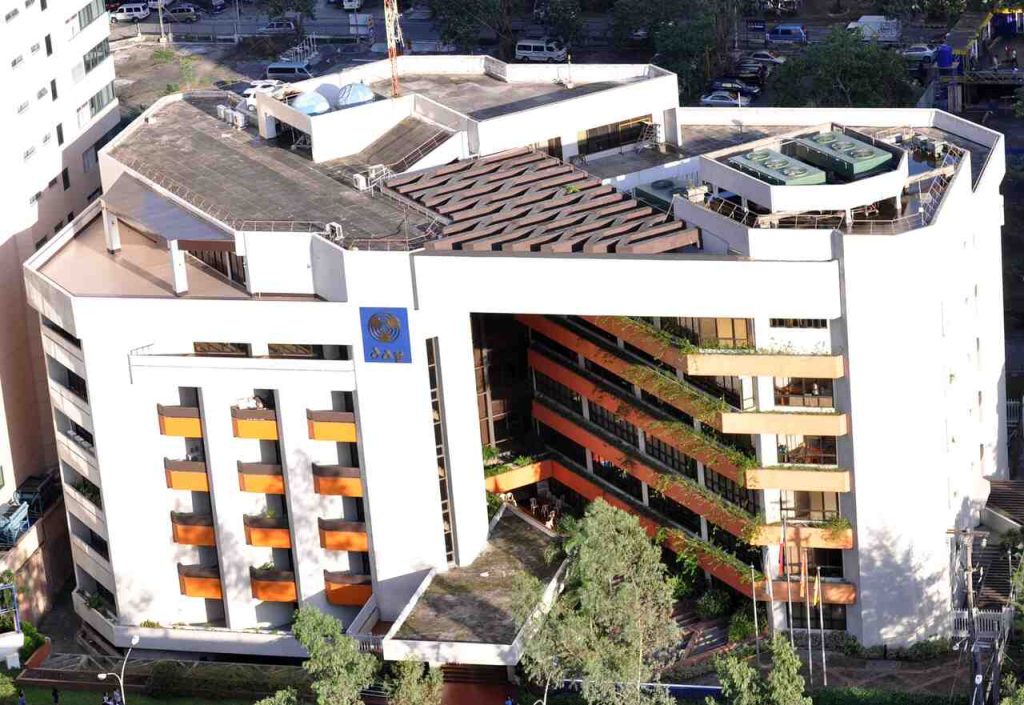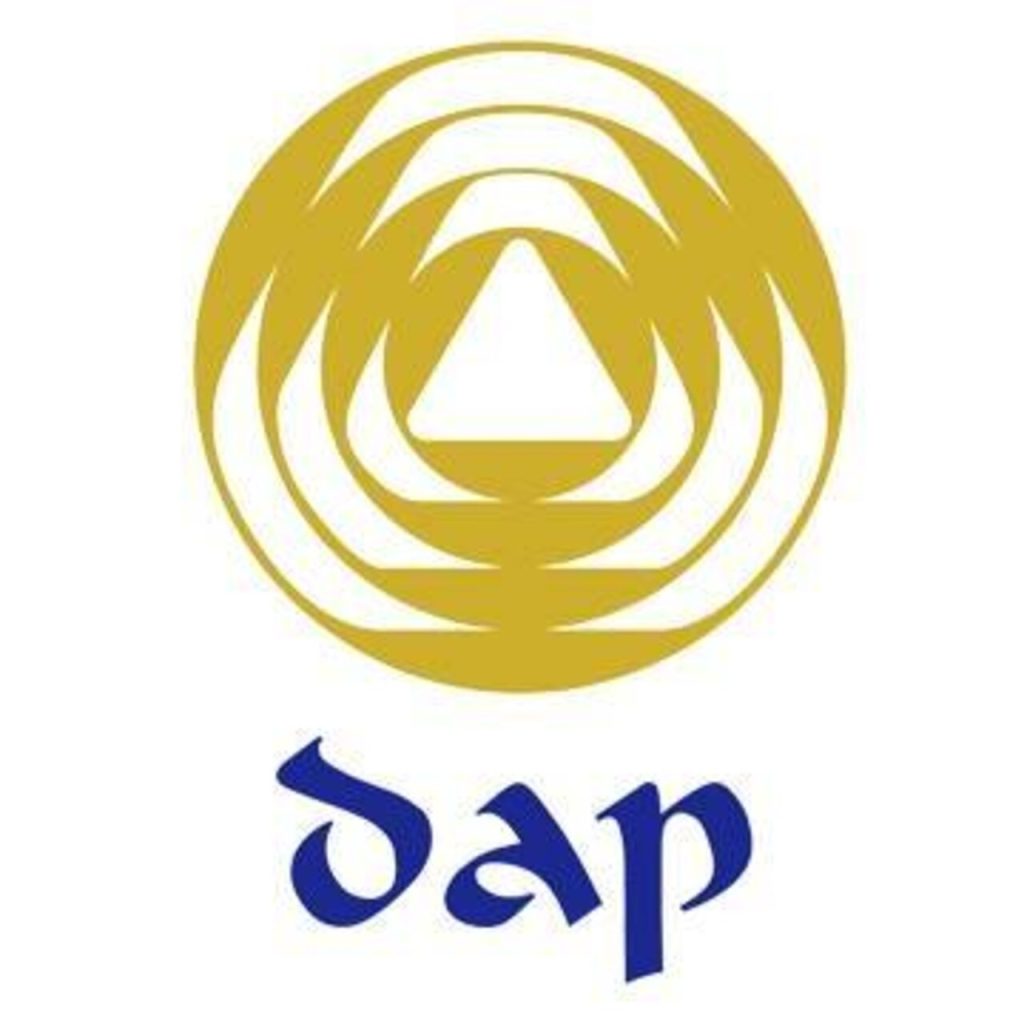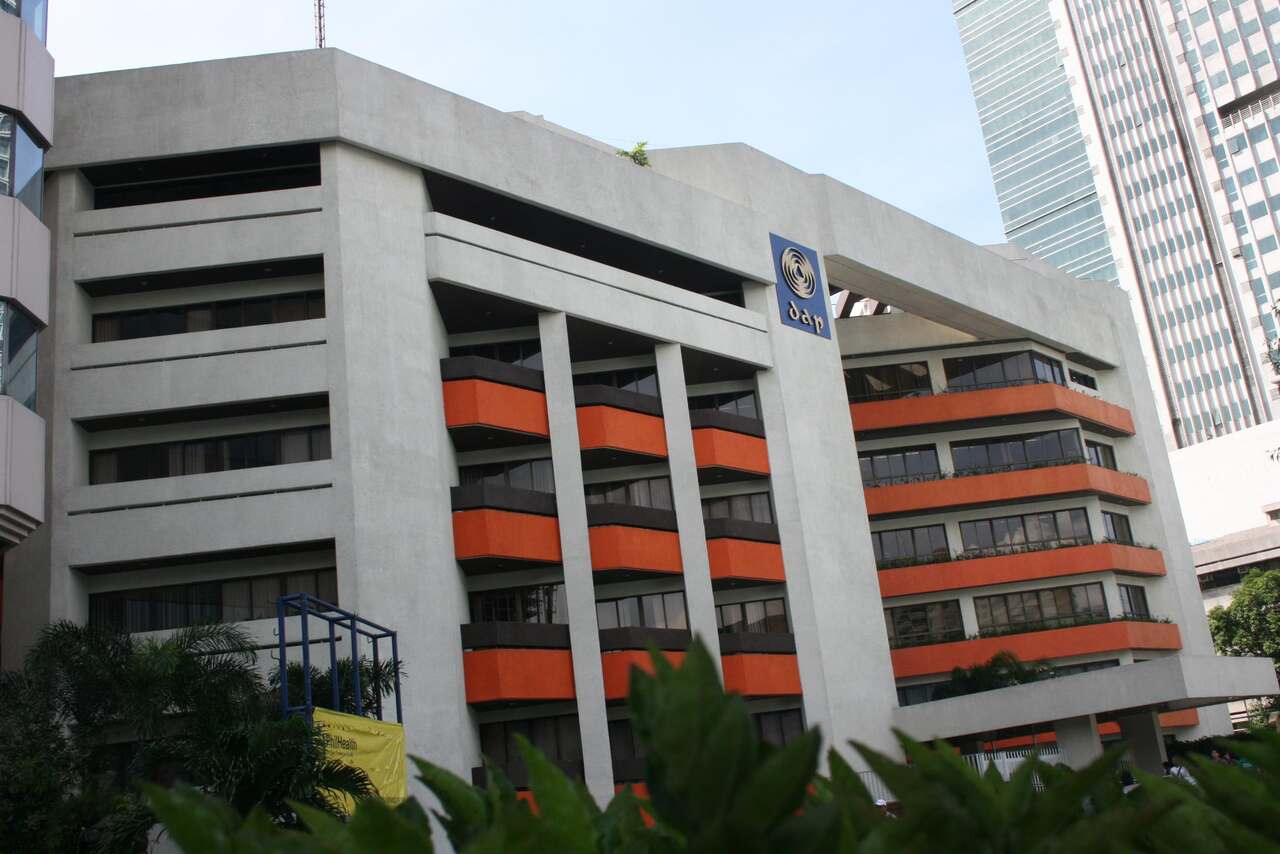The Development Academy of the Philippines (DAP) is a government-owned and controlled corporation (GOCC) established in 1973 to serve as a leading institution for development administration, policy research, and capacity-building programs. It was created through Presidential Decree No. 205 under the Marcos administration, primarily to address the urgent need for improving public sector productivity and governance. The DAP plays a crucial role in training leaders, modernizing government operations, and supporting socio-economic development through knowledge sharing and innovation.
The rationale behind DAP lies in fostering excellence, effectiveness, and efficiency in public service by equipping government institutions and personnel with advanced skills and strategies. Over the years, DAP has evolved into a center of excellence in public sector reform, offering technical assistance, research, and development programs aligned with national priorities. Knowing about DAP is important because it highlights the government’s long-term commitment to nation-building through institutional strengthening and the professionalization of public service.
What is DAP?

The DAP is a GOCC dedicated to improving governance, policy-making, and institutional development in the country. It embodies excellence, innovation, and strategic foresight in public administration, serving as a hub for knowledge creation, capacity-building, and reform-oriented initiatives. DAP was created in 1973 through Presidential Decree No. 205 by then-President Ferdinand E. Marcos to respond to the growing need for effective public sector management and national development planning. Its main purpose is to enhance the performance of government agencies, develop future-ready leaders, and support socio-economic development through research, consultancy, and training programs. DAP differs from other similar institutions as it offers a unique blend of academic rigor, practical government experience, and focus on transformative leadership and public sector productivity, making it both a think tank and an implementation arm for national development goals. It also houses mission centers dedicated to generating innovative solutions to national and global development issues which makes it instrumental in fostering governance, productivity, and efficiency across various sectors.
History
The idea for DAP emerged in 1973 during a meeting between two key figures in the Philippine development scene: Onofre D. Corpuz, then the Secretary of Education, and Leonides S. Virata, Chairman of the Development Bank of the Philippines (DBP). Their vision was to establish a development-oriented institution akin to the Philippine Military Academy (PMA) but for civilian bureaucrats.
This vision led to the signing of a Memorandum of Agreement (MOA) among government financial institutions (GFIs) such as DBP, Social Security System (SSS), National Economic and Development Authority (NEDA), and others, to create the institution. Shortly after, Presidential Decree Nop. 205 was signed by then-President Ferdinand Marcos, formalizing the establishment of DAP.
Key Enabling Laws
DAP’s foundation is grounded in several enabling laws that have shaped its mandate:
- Presidential Decree No. 205 (1973): This decree formally created DAP and outlined its initial goals.
- Presidential Decree No. 1061 (1976): This amendment expanded the DAP Board of Trustees.
- Executive Order No. 288 (1987): This reorganized the Board of Trustees.
- Executive Order No. 45 (2023): This further aligned DAP with the National Economic and Development Authority (NEDA) to better coordinate and strengthen its programs.
Logo

The DAP logo features a stylized golden silhouette of the Philippine archipelago enclosed within a circular form, symbolizing the Development Academy of the Philippines’ national scope and commitment to inclusive development. The golden color signifies excellence, integrity, and high standards in public service and governance. The circular emblem represents unity, continuity, and the holistic approach DAP takes in addressing the needs of the Filipino people through capacity building and institutional development. Beside the icon, the words “Development Academy of the Philippines” are presented in clean, modern typography, reflecting professionalism and innovation. Overall, the logo encapsulates DAP’s mission of shaping leaders, transforming institutions, and building a better nation.
Organizational Structure
The Development Academy of the Philippines (DAP) operates under the leadership of a Board of Trustees, supported by key committees that provide strategic direction and oversight. At the core is the Office of the President/CEO, which oversees the Academy’s three main functional groups: the Program Operations Group, the Graduate School of Public and Development Management, and the Services Group. The Program Operations Group manages various centers focused on governance, productivity, sustainability, and regional programs like DAP sa Mindanao. The Graduate School handles leadership and governance education, while the Services Group supports operations through administrative, financial, and human resource departments. This structure allows DAP to effectively deliver its mission of advancing good governance, sustainable development, and public sector excellence in the Philippines.
Vision
DAP envisions itself as,
“The leading knowledge organization providing innovative, effective and responsive solutions to the country’s development challenges.”
Mission
Its mission states that,
“DAP fosters synergy and supports the development forces at work towards sustainable and inclusive growth. Specifically the DAP commits to:
- Generate policy and action through research and strategic studies that address development issues and emerging challenges.
- Promote excellence in leadership and organizations through training, education and consultancy.
- Catalyze the exchange of ideas and expertise in productivity and development in Asia and the Pacific.”
Core Values
Its core values include:
- Dangal (Honor and Integrity)
- Galing (Smart and Innovative)
- Tatag (Stable and Future-Ready
Mandate and Functions
DAP is a government-owned and controlled corporation (GOCC) with a mandate to:
- Promote Developmental Programs: DAP works to support and advance the country’s developmental agenda by focusing on human resources development, research, and the collection and dissemination of key information.
- Conduct Policy-Oriented Research: It engages in research that influences national and international development policies and strategies.
- Enhance Governance and Productivity: DAP works to improve governance structures and productivity across different sectors of society, encouraging sustainable growth.
- Regional Collaboration: DAP also functions as a catalyst for regional cooperation, exchanging development expertise and knowledge across Asia and the Pacific.
In line with these mandates, DAP’s programs revolve around training, education, research, consulting, and publications. These services are geared toward addressing development issues and helping both public and private institutions perform better.
Services Offered
To achieve its objectives, DAP offers several services designed to create tangible outcomes for organizations and individuals:
- Training: DAP offers a variety of training programs that cover topics such as leadership, governance, and productivity improvement. These programs are designed to equip individuals with the skills needed to improve their organizational performance.
- Education: In addition to training, DAP provides education through various certificate courses and programs. These programs cater to professionals across sectors, from government agencies to private enterprises.
- Policy and Action-Oriented Research: DAP is known for conducting high-quality research that informs policies and actions. Its research initiatives are designed to generate new knowledge, particularly in the areas of economics, public administration, and political sciences.
- Consulting and Technical Assistance: DAP provides consulting services to help organizations improve their internal processes, policies, and strategies. This includes advising on governance reforms, policy implementation, and other development-related concerns.
- Publications: DAP publishes research papers, books, and reports that contribute to the body of knowledge on development. These publications serve as valuable resources for government agencies, business leaders, and academics.
Key Programs and Projects
DAP runs numerous projects and programs that contribute to both the national and regional development agenda. For example:
- Certificate Course on Foresight and Futures Thinking: This program introduces participants to futures thinking, an approach to anticipate better outcomes and transform present actions into a more favorable future.
- Certificate Course on Strategic Health Communication Governance: Aimed at public health managers, this course teaches the use of strategic communication to improve the adoption of health programs.
DAP also provides a wide range of training and research courses focused on leadership, governance, health communication, and more.
DAP’s Role in Building Capacity and Partnerships
DAP’s key functions include being a change catalyst, capacity builder, and partnership builder. By fostering partnerships and supporting the exchange of knowledge and expertise, DAP helps organizations align their goals with national development objectives. Through its various programs, DAP builds the capacity of individuals and organizations to implement policies and initiatives that drive sustainable development.
- Change Catalyst (Think Tank): DAP serves as a thought leader, creating new ideas, concepts, and frameworks that can be applied to solve complex development problems.
- Capacity Builder (Training & Education): DAP offers training and education programs aimed at improving the skills and knowledge of individuals and organizations, thereby enhancing their effectiveness in contributing to development goals.
- Partnership Builder (Policy and Systems Integrator): DAP fosters collaboration across government, private, and civil society sectors to integrate policies, programs, and systems for more holistic development.
DAP’s Corporate Social Responsibility (CSR)
As a GOCC, DAP adheres to strong corporate social responsibility principles. As part of its mandate, it is committed to being socially responsible, maintaining ethical practices, and promoting good governance. The organization also upholds its obligations to the National Government, its employees, suppliers, customers, and other stakeholders. DAP’s commitment to ethical conduct ensures that its operations remain transparent, fair, and accountable.
Video: Dangal. Galing. Tatag. Get to Know DAP and Its Programs and Services
The Development Academy of the Philippines (DAP) plays a pivotal role in advancing the nation’s development goals. Through its extensive training, research, and consulting services, DAP equips individuals and organizations to face the ever-evolving challenges of governance, economics, and sustainability. By adhering to its mission of fostering good governance, improving productivity, and supporting regional development, DAP continues to make significant contributions to the Philippines’ long-term progress. Get to know DAP and its robust initiatives and strategic collaborations, along with its role in national development and inclusive growth by watching this video:
Contact Information
For inquiries and other concerns regarding the project, programs, and services offered by DAP, you may contact them via the following:
Development Academy of the Philippines (DAP)—Public Affairs Desk (Laiza Ordonio)
- Office Address: Ground Floor, DAP Building, San Miguel Ave. Ortigas Center, Pasig City
- Tel. No. (02) 8631-0921 loc 100
- Email: publicaffairsdesk@dap.edu.ph
